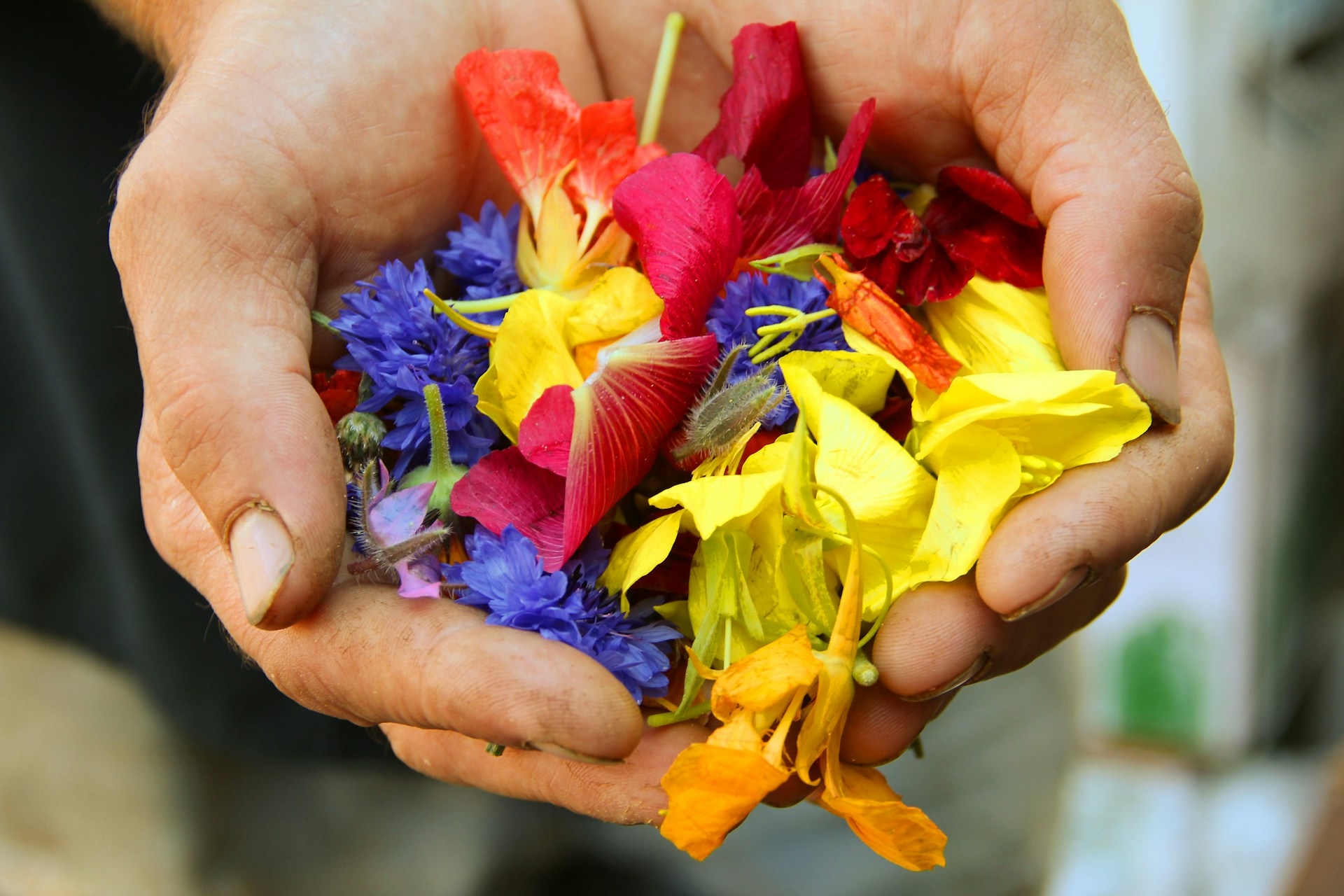Do you want to make an impact and help to change the world?
Want to make a real contribution to our human rights work, but don’t know where to start?
Want to help us do more, and help more people?
You’re in the right place!
In 2024, 100% of Just Access‚Äôs funding came from donations.¬Ý The support of generous people like you is what make it possible for us to bring cases before courts, support victims of human rights abuses, and advocate for real human rights change.
We can’t do it without you!
Be a Just Access Fundraiser!
So how do you get started?
The simple answer is:¬Ý go to https://just-access.de/donate/support-our-human-rights-work and click ‚Äòstart fundraising‚Äô.
Fill in your details, and you’ll get your own fundraising page on the Just Access website that you can share with your friends, family, and insta followers!
¬Ý
The longer answer?
The technical term for fundraising of this kind is ‚Äòpeer-to-peer‚Äô fundraising, or ‚ÄòP2P‚Äô for short.¬Ý What that means is that you raise money from people you know:¬Ý your friends and family, colleagues at work or school, your social media friends and followers, and other people in your circle.
So how do you do that?¬Ý Here are our best tips to get the most out of your fundraising campaign!
Pick your Poison!
A great fundraiser has three elements:
- A powerful cause,
- A strong relationship, and
- A compelling ask.
A powerful cause. It’s hard to ask people for money. It’s a lot easier when you are doing it for a cause you’re passionate about. You aren’t raising money for a new T-Shirt or a round the world trip; you’re defending human rights worldwide. Tell people why you care! Make it personal, make it powerful, and you’ll make it much easier for other people to care too.
A strong relationship. Peer-to-peer fundraising works best with people you know. The people in your circle—your friends, family, and other close contact—know you, and want to support you. When they hear how passionate you are about your cause, they’ll get excited too. Get them excited, and they’ll donate to your fundraiser.
A compelling ask. There are 1001 ways to raise money. From sponsored walks to sponsored silences; mowing lawns to giving manicures; bake sales, pub quizzes, dance marathons, and movie nights, your creativity is the only limit! Here are a few of our favourite ideas, but don’t stick to our suggestions: think outside the box!
Here‚Äôs a tip:¬Ý the best fundraisers offer people something they want (like a movie night or a manicure), or involve you doing something you don‚Äôt want to do.
If you love running, don‚Äôt ask for sponsorship to run ‚Äì you‚Äôre going to do it anyway!¬Ý If you‚Äôve always wanted to try skydiving, a sponsored skydive isn‚Äôt going to work.¬Ý But if you‚Äôre terrified of heights‚Ķ
If you love to talk, try a sponsored silence!
If you’re always on your phone, leave it in a draw for a week!
Why not do something great for your local environment as well as human rights, and organise a sponsored litter clean-up?
Why not get your friends to help you organise a board games night in a local community centre, with a small entry fee for the participants?
Good at drawing?¬Ý Offer to draw people‚Äôs caricatures in return for a donation to human rights?¬Ý Give a great manicure, make fantastic cupcakes, or know how to weed a garden?¬Ý Those work too!
Keep it clean, keep it safe, and have fun.¬Ý The sky‚Äôs the limit!
Planning Your Fundraiser
How much money should you plan to raise?¬Ý It depends on you:¬Ý what you‚Äôre planning to do, who you know, and how much time you can devote to your fundraising efforts.
It‚Äôs important to be ambitious, but setting a goal that‚Äôs too high can be off-putting to your donors.¬Ý You need to set a goal that‚Äôs achievable.
Most individual fundraisers raise somewhere between 100-500 ‚Ǩ.¬Ý A goal of 250-350 ‚Ǩ usually works well, but you might want to aim higher if you‚Äôre planning something big!¬Ý If in doubt, start small.¬Ý You can always raise your target later if it‚Äôs going well!
If in doubt, start small. You can always raise your target later if it's going well!
Next, set the time-frame.
If it’s a specific event, such as a movie night or a pub quiz, you need to leave enough time to find a venue, advertise your event, and attract attendees.
If you’re planning a sponsored activity such as a sponsored walk, a sponsored silence, or a sponsored clean-up, you need to plan for a collection phase (when you’ll gather pledges of support), and then the event itself.
The appropriate time-frame depends on your circumstances and how many people you can call on to donate, but an element of urgency helps.¬Ý If you plan your sponsored walk for June, most people will find it hard to get excited enough to donate in January!¬Ý A campaign of 4-6 weeks is usually a good place to start.

Fundraising is more fun when you do it together.¬Ý Find a small group of close friends who are also passionate about the cause, and get them excited about helping you to plan your campaign, raise awareness, and recruit donors.
Or, if you want to spice things up a little, get competitive!¬Ý Challenge each other, and see which of your friends can raise the most money.¬Ý A little friendly competition might spur you all on to raise even more money for human rights!
Remember: people give to people, not causes. People are donating to YOU
Plan your outreach.
How are you going to find your donors? Put some thought into who might donate, and how you can reach them.
In individual fundraisers, the majority of money raised generally comes from people you know: family, friends, and other close contacts. These people know you and want to support you: ask them for help, and they’ll usually respond.
If you’re providing a service for your community, whether that’s a community clean-up, a games night, or another local event, then people who live in your local area are a good bet. They should be pleased by the improvements to the neighbourhood, as well as impressed by your passion!
It’s harder—but not impossible—to raise money from people you don’t know. Focus on people close to your first, and be aware that if you want to reach beyond your circle then you’ll need to really focus on your outreach.
Social media is a good place to start, as well as email, telephone, and other channels. The personal touch is important: don’t send a chain email to all your contacts. People don’t tend to read ‘dear friends’ messages.
Instead, write to people individually. Pick up the phone, and give them a call. Appeal to them personally, and they’re much more likely to respond.
Remember: people give to people, not causes. People are donating to you.
In all your social media posts, emails, phone calls, and personal conversations, make the centre-point your story. Tell them why you are passionate. Help them see why you care. Get them excited, and they’ll respond.
So how do you get over the awkwardness of asking for money? We get it. It’s hard – especially if you come from a culture where money is a taboo subject. If that’s you, veteran fundraiser Lisa Kelly Zuba has some great advice: don’t think of it as asking for money; think of it as asking for help. It’s hard to ask people for money, but much easier to ask for help. And what makes it even better? People want to help. If you ask, often they’ll respond.
It's hard to ask people for money, but much easier to ask for help. People want to help. If you ask, they'll respond
Posts on social media may not be the main source of your donors, but they‚Äôre still really important.¬Ý A good social media strategy will help you to raise interest and buzz.¬Ý It‚Äôll get your friends and family excited to help you, whether by donating or by supporting your campaign, and it‚Äôll draw attention to the cause, and you might even inspire someone else to start fundraising too!
So how do you plan a good social media campaign?
Post updates.¬Ý Make sure you update your profiles often:¬Ý at least 2-3 times a week.¬Ý It‚Äôll help you been seen.
Be personal.¬Ý Tell your story, and why you are committed to the cause.¬Ý Facts and figures help, but it‚Äôs your passion which will really touch people.
Be honest.¬Ý Don‚Äôt feel like you can only post the picture-perfect moments.¬Ý Show people the other side of fundraising!¬Ý Show them the hard work, the rainy days, and the hiccoughs you face along the way.¬Ý They‚Äôll respect you all the more!
Be visual.¬Ý A picture is worth a thousand words, they say.¬Ý On social media, it‚Äôs worth a whole lot more than that!¬Ý If you want people to stop scrolling and read your update, make sure it catches their eye.¬Ý Video can work even better:¬Ý if you or a friend can take and edit video, take footage you can post of your preparations, the fundraising drive, as well as the event itself.¬Ý It‚Äôll catch people‚Äôs eyes and get them interested.
A good social media strategy will help you raise interest and buzz. You may even inspire someone else to start fundraising too!
After the event, make sure to say thank you to everyone involved!¬Ý Thank your supporters, anyone who has helped you out, and most importantly:¬Ý thank your donors!¬Ý Let them know how much money you raised, and thank them on behalf of all the people we can help because of their generosity.¬Ý Whether they donated 1 ‚Ǩ or 100 ‚Ǩ, every gift deserves our heartfelt gratitude.¬Ý Saying thank you makes people feel appreciated, and helps to build goodwill for the future.
Being a fundraiser can be both challenging and hard work, but it’s also exciting, meaningful, and amazing fun. Raising funds to support our human rights work is one of the most powerful contributions you can make.
Our fundraisers are true human rights heroes. Thank you to each and every one of you.










